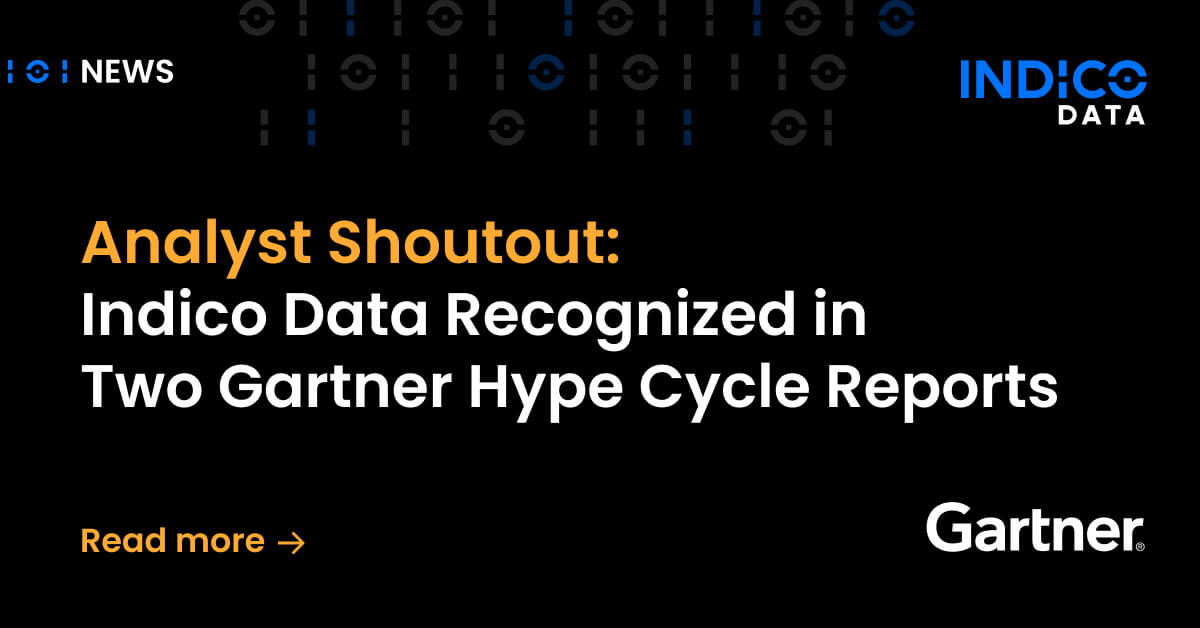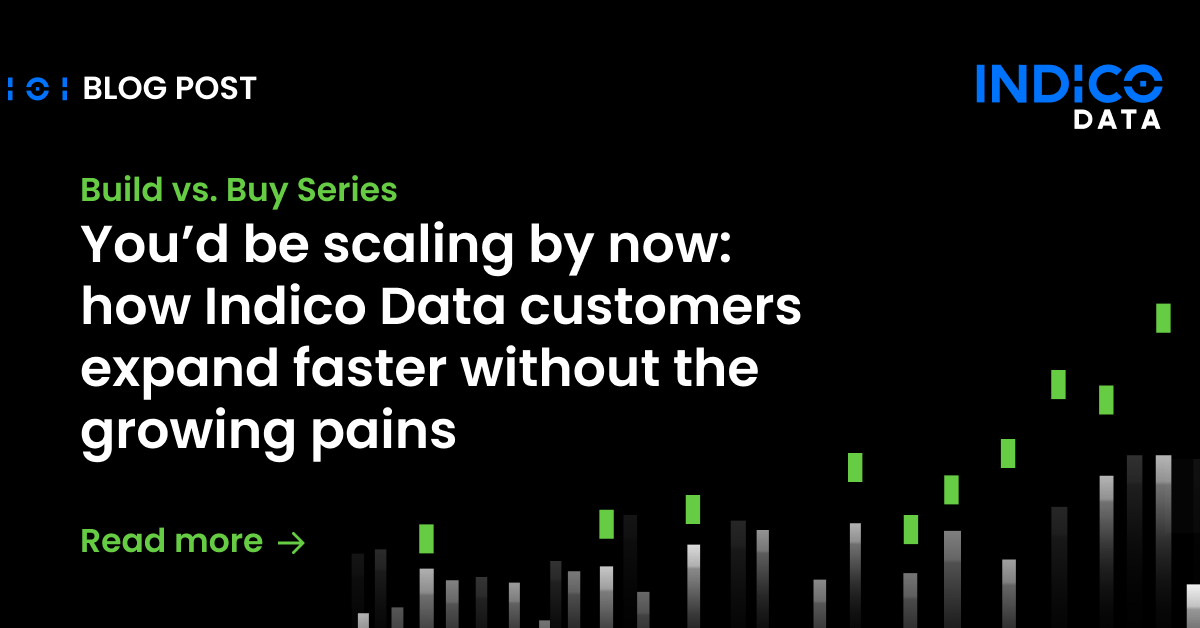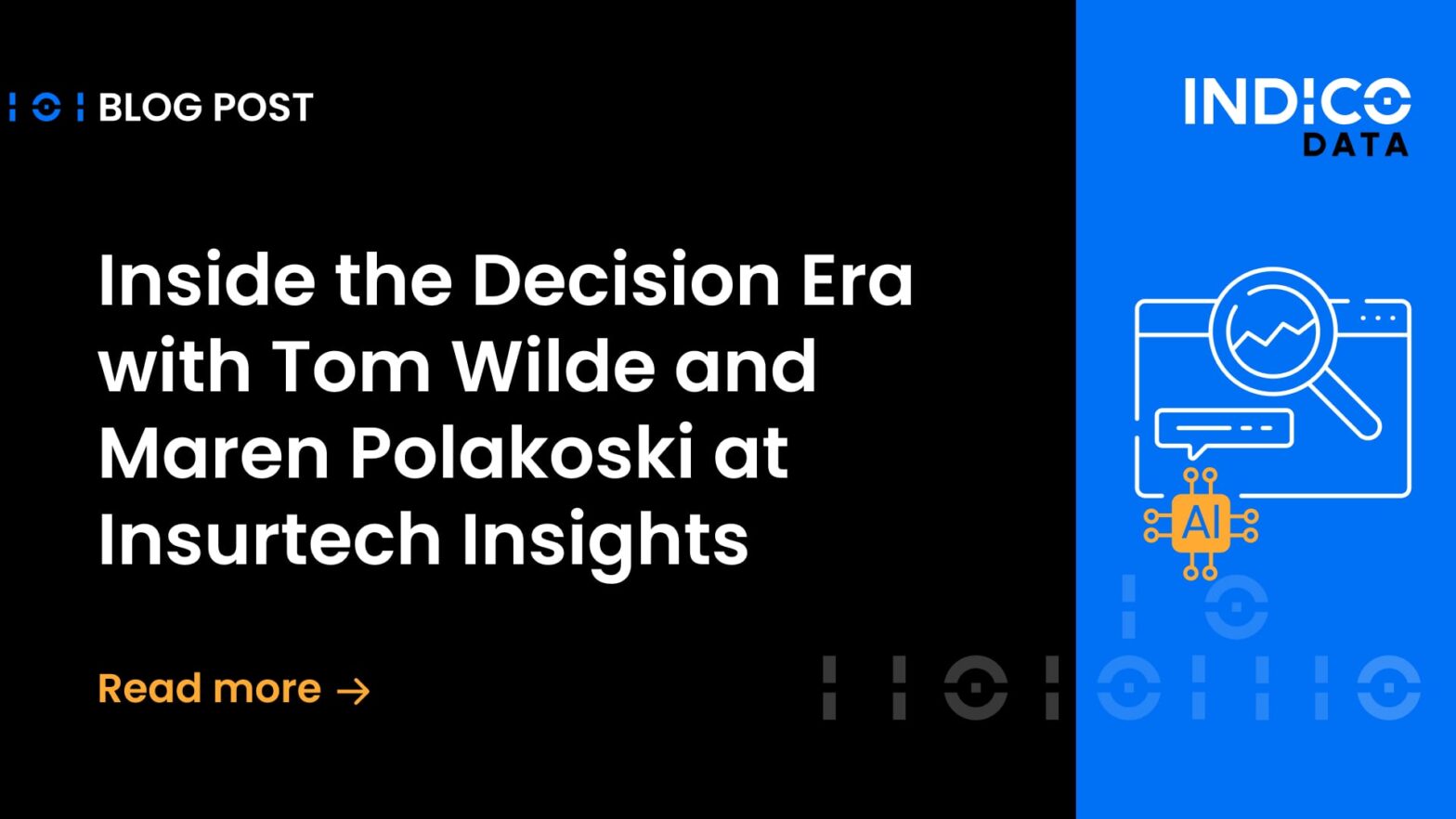One of the thorniest parts of the commercial insurance underwriting process is getting an accurate picture of the applicant’s loss history, generally gleaned from loss run reports. But it can be cumbersome to collect all the reports and accurately extract data from them for input into the underwriting system, making it an excellent candidate for intelligent automation for insurance.
Part of the problem is the amount and variety of the data from the reports and the fact that reports from different insurance companies are not likely to use the same format. That makes it challenging to use templated approaches or robotic process automation tools to extract relevant data automatically. Such tools only work well with highly structured documents and data.
Loss run reports, which are equivalent to credit scores in the insurance business, are complex. These reports contain data including the business name, insurance company name, policy number, the reason for the claim, type of claim, and various dates – loss report date, date of claim, and date reported. The reports also include numerous monetary amounts, including any amounts paid by insurers in legal costs, property damage, medical costs, and more.
Typically, a human has to examine each of the loss run reports looking for each piece of relevant information, and enter it all into the company’s underwriting system. It’s labor-intensive work that’s both time-consuming and error-prone.
Errors are the enemy of the insurance underwriting process. If loss run data is incorrectly entered, the underwriter may come up with an incorrect policy price. A price that’s too high for the actual level of risk puts the sale of the policy in jeopardy; too low, and it puts the insurer at an unacceptable level of risk.
Related Article: How intelligent automation tames the healthcare document beast
Automating loss run report processing
Intelligent process automation (IPA) offers a way to automate loss run reports processing while ensuring accuracy.
Unlike templated approaches to insurance automation, with IPA, it’s unnecessary to know exactly where each piece of relevant data is in a given loss run report. That’s because IPA uses natural language processing and transfer learning to “read” documents much like a human would. An effective automated document processing tool will be able to discern context, enabling it to find relevant data no matter where’s it’s located.
With IPA, insurance companies can fully automate loss run processing by training the model on just a few dozen actual reports. The IPA tool will then “read” the reports and pull out relevant data for input into the underwriting system. A process that takes a employee hours to complete, IPA completes in seconds.
What’s more, an insurance process automation tool doesn’t get tired and makes mistakes such as keying in data incorrectly. The tool is highly accurate, handling some 95% of documents – leaving only a few reports for employees to manage.
Related content: The automation conversation guide: How COEs and LOBs can find a common POV for business impact
Indico IPA: Automation for insurance and more
Indico’s IPA platform includes a model with more than 500 million labeled data points, enough to enable it to understand human language and context – sufficient to handle even complex loss run reports.
To learn more about how Indico provides automation for insurance processes (and more), download this white paper from experts at the Everest Group, “Unstructured Data Process Automation,” or contact us to arrange a demo.


